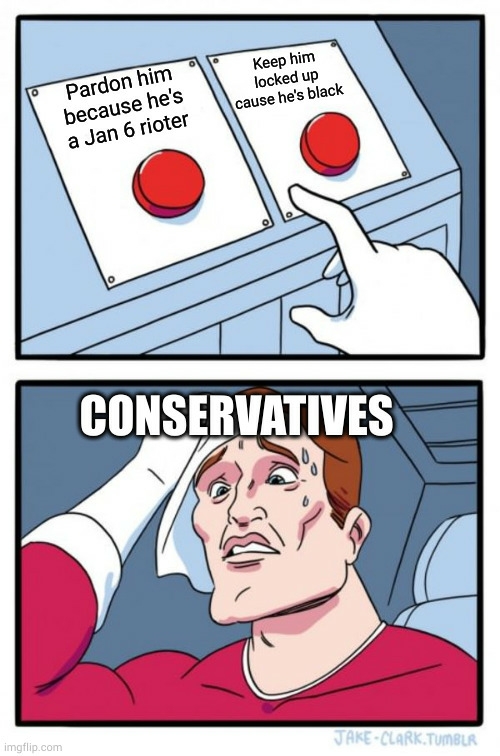

I’m going to take a minute to respond to the argument I think you’re trying to imply here, that organic food leads to e-coli outbreaks in humans.
While there is some validity to this, it’s an oversimplification. The vast majority of e-coli is not problematic. The stuff that’s actually a threat comes from sick animals. So when you have AFOs with tons of animals in close proximity, the manure tends to be more likely to be contaminated. And when that contaminated manure gets used as fertiliser, it makes contaminated vegetables.
This doesn’t necessarily only affect organic vegetables, btw, as the runoff from AFOs can also be a contaminant, so it can affect neighbouring farms as well, organic or otherwise. This is how you can get e-coli contaminated lettuce because it was washed with contaminated water.
Personally, the reason I’d buy organic produce would be a) generally better quality produce and b) avoiding glyphosate and PFAS in pesticides. I think that Monsanto has played out billions in settlements related to roundup speaks volumes.
That said, I’m not nearly crunchy enough to think that artificial fertilisers are problematic. Heck, I use them in my own garden. Stuff that kills stuff tends to be more dangerous than stuff that makes stuff grow, but ofc dosage is everything.
All that is to say, I’d posit that the real problem here is intensified animal agriculture, and corner cutting (both in fertiliser production and sourcing), not organic farming per se.












Lost opportunity to call it “Operation CatSnip”